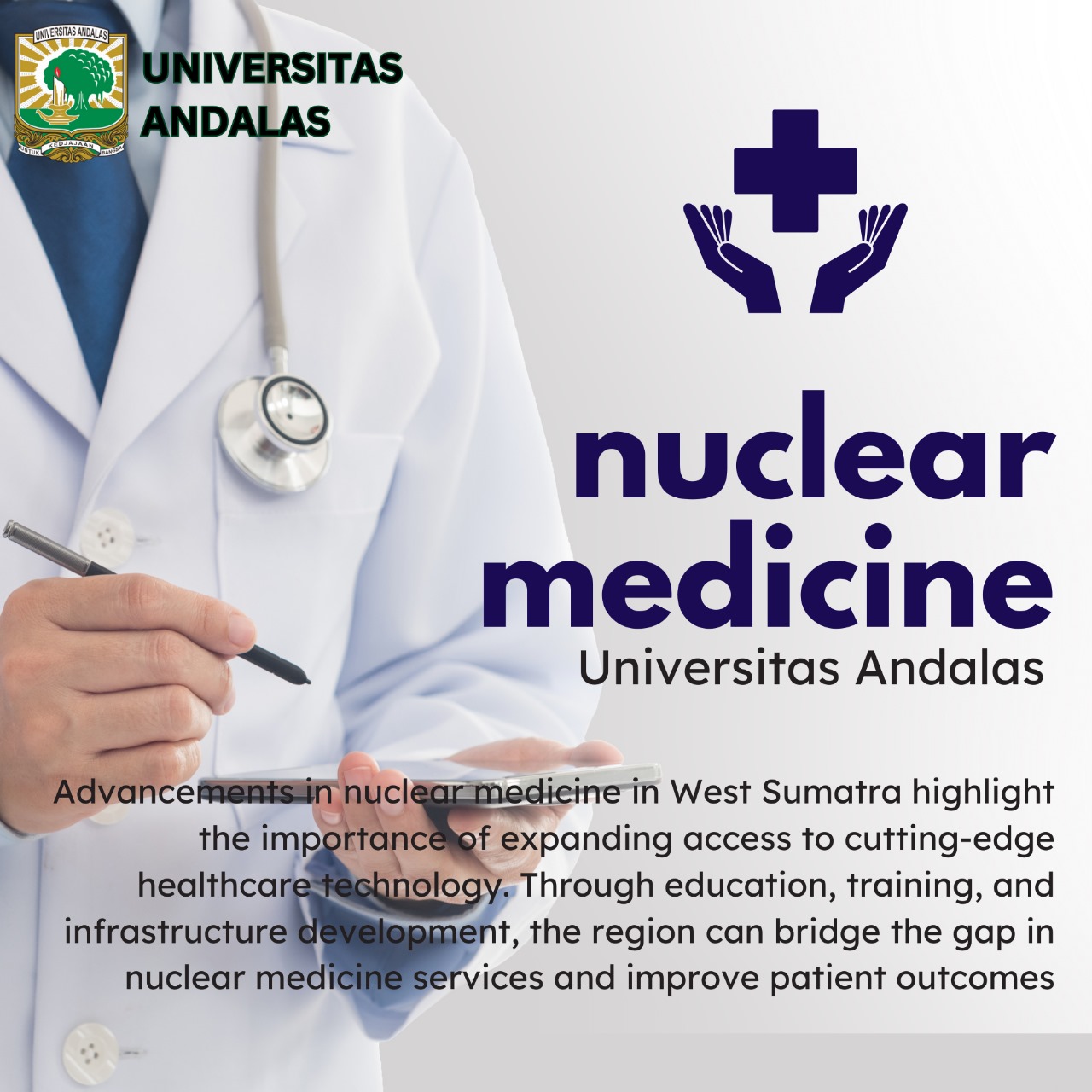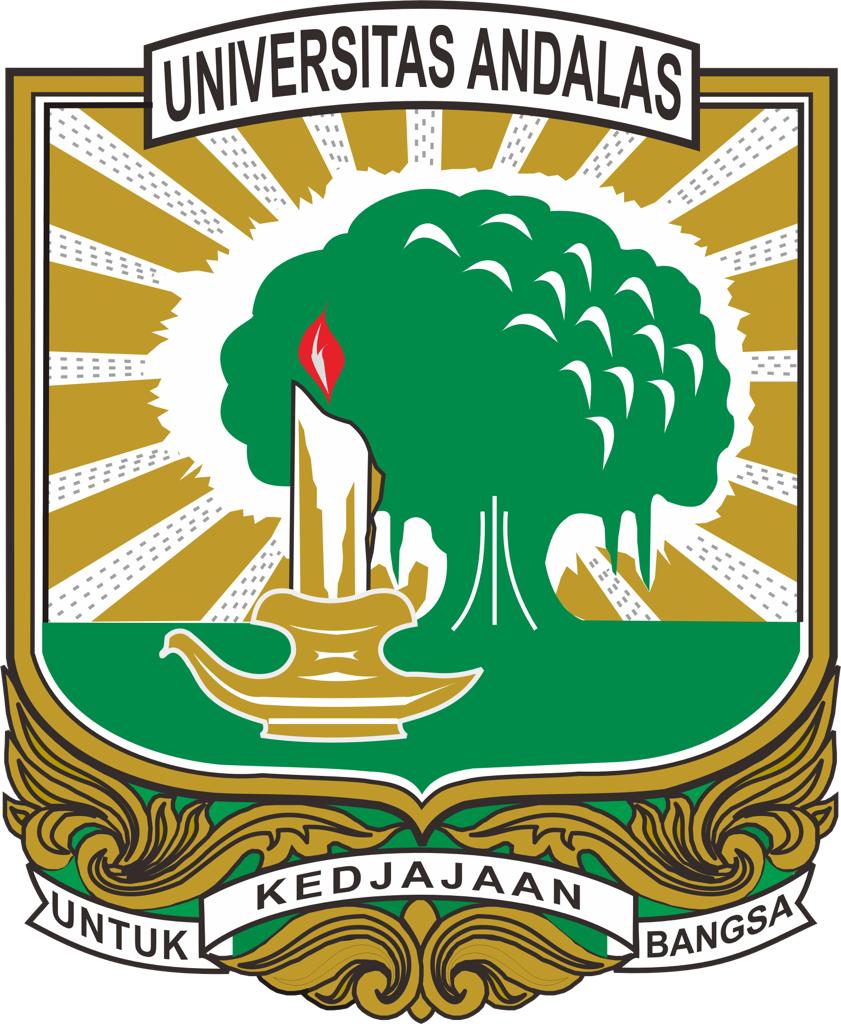Addressing the Need for Nuclear Medicine Advancement in West Sumatra
Padang, 09 July 2024

Professor Aisyah Elliyanti sheds light on the limited awareness and resources in nuclear medicine across Indonesia, particularly in West Sumatra. With only a handful of facilities and specialists, the region faces challenges in providing comprehensive healthcare services.
Despite its crucial role in diagnosing and treating diseases, nuclear medicine remains relatively unfamiliar to many Indonesians. The scarcity of facilities and experts exacerbates the issue, with only a few hospitals equipped to offer nuclear medicine services.
Prof. Aisyah highlights the stark statistics: a mere four PET/CT cameras and 12 SPECT/SPECT-CT machines serve a population of over 270 million. This scarcity underscores the pressing need for expanded access to nuclear medicine technology in Indonesia.
Furthermore, the shortage of nuclear medicine specialists, with only 53 practitioners nationwide, underscores the urgency of training and recruiting more professionals in this field.
Nuclear medicine holds tremendous potential in revolutionizing disease management, particularly in cancer treatment. Prof. Aisyah emphasizes the importance of theranostics, which integrates diagnostics and therapy, leading to more effective and personalized treatment approaches.
With advancements in theranostics, patients can benefit from targeted treatments that minimize side effects and maximize therapeutic outcomes. Prof. Aisyah's pioneering work exemplifies the transformative impact of nuclear medicine in improving healthcare delivery.
In his scientific oration, Prof. Aisyah underscores the need for enhanced nuclear medicine theranostics in West Sumatra. By leveraging radiopharmaceuticals and innovative technologies, the region can elevate its healthcare standards and offer more comprehensive services to its residents.
In conclusion, Prof. Aisyah's advocacy for nuclear medicine advancement in West Sumatra highlights the critical importance of expanding access to cutting-edge healthcare technologies. Through education, training, and infrastructure development, the region can bridge the gap in nuclear medicine services and improve patient outcomes.

